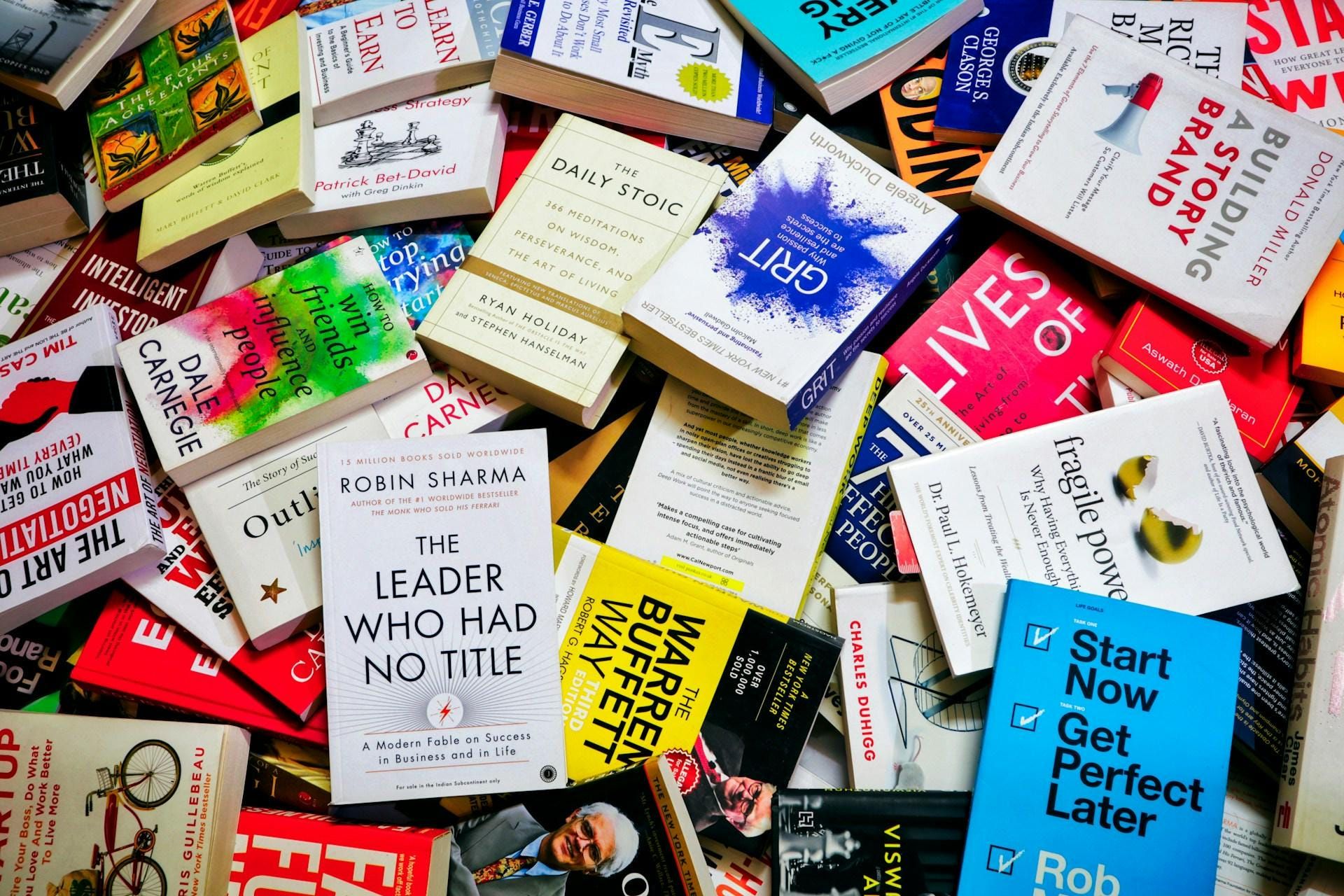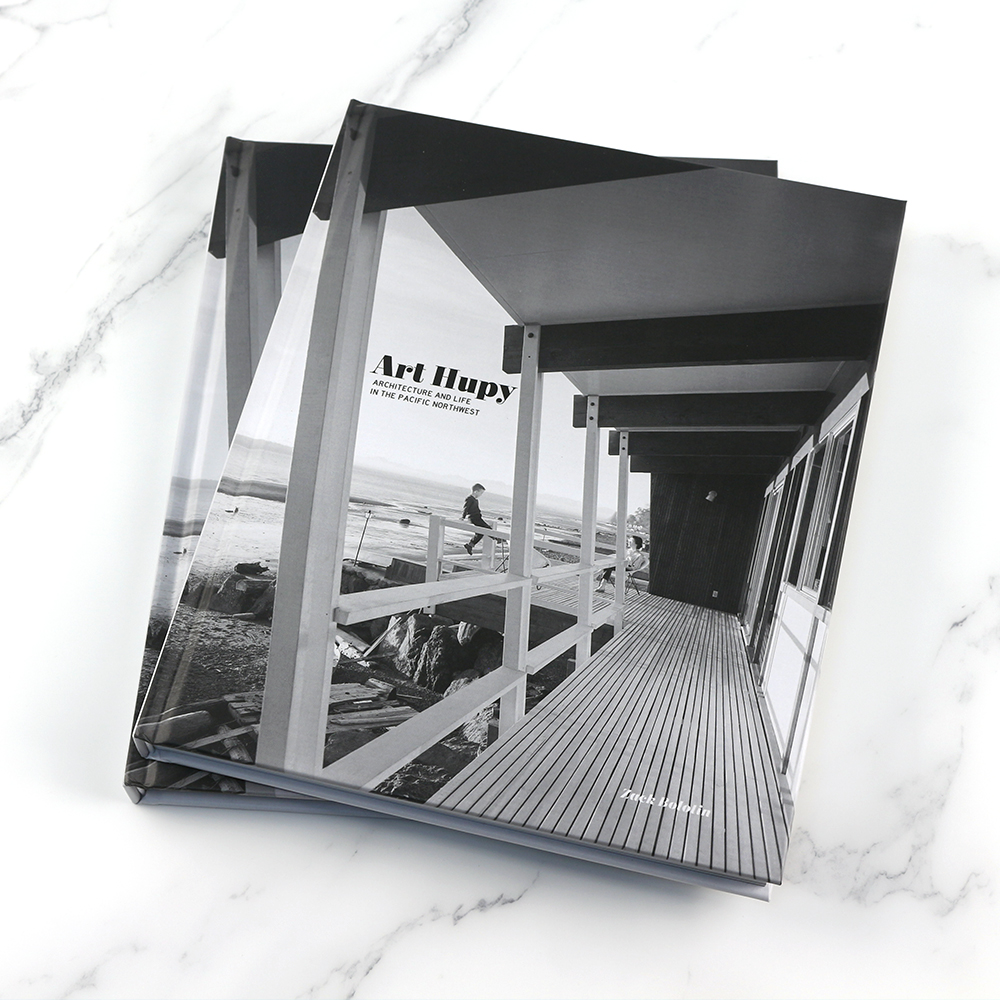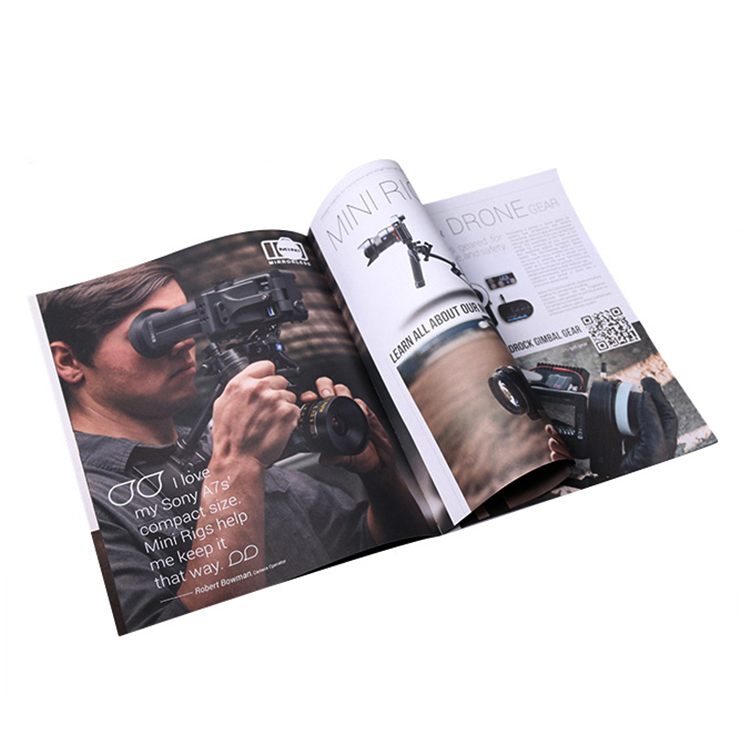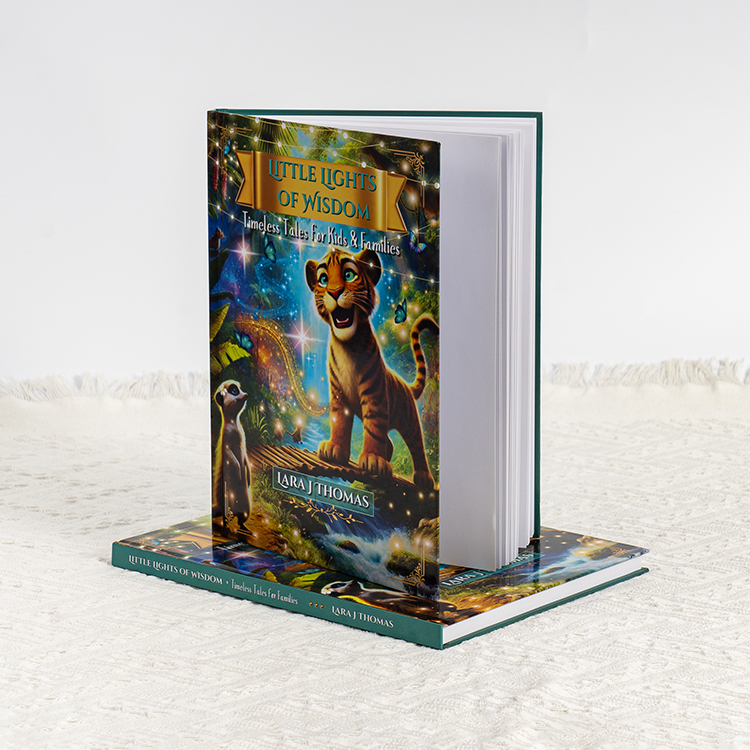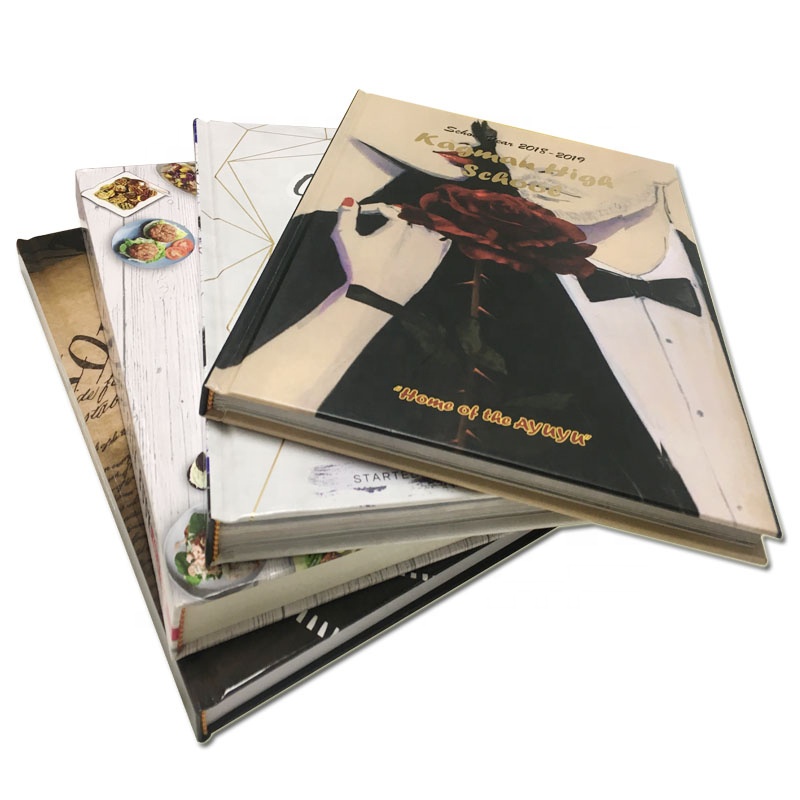how to print a book
Self-publishing has increasingly become an ideal choice for writers and content creators looking to maintain control over their work from creation to sales. Unlike traditional publishing, self-publishing offers greater flexibility, allowing authors to quickly turn their manuscripts into completed works. However, the self-publishing printing process involves several essential steps, often requiring the support of a professional printing facility. This article will explore how professional book printing services offer end-to-end support, from editing and layout to cover design and final delivery, ensuring a smooth path to successful self-publishing.
Table of Contents
1. Comprehensive Manuscript Editing
Before printing, manuscript editing is essential. Thorough editing not only enhances the quality of the book but also polishes the story and writing style for a smooth and enjoyable read. Professional editors can help with spell-checking, grammar, and logical flow, and may even offer suggestions for the manuscript.
Tip: To enhance the final look and feel of your book, our factory offers editing service recommendations. We work with experienced editors in the industry to help you achieve the best possible quality before printing.
2. Selecting the Right Book Size
Different book genres require different formats. For instance, novels often use a portable 5×8 inch size, while children’s books typically have larger dimensions. Book size impacts both the reading experience and production costs. Our printing facility offers a variety of formats to ensure clients can select the most appropriate size based on budget and needs.
Factory Insight: We recommend reviewing bestselling books on the market for sizing ideas and consulting with our printing experts. Our team can provide samples to help you make an informed choice.
3. Choosing the Cover Type: Paperback or Hardcover?
Cover choice impacts both the aesthetics and cost of the book. Paperbacks are economical and portable, suitable for most self-published works, while hardcovers are ideal for collectible or premium editions. Our printing services offer a range of cover materials and finishes, including matte, gloss, and textured options, to give your book a unique touch.
Expert Tip: In addition to traditional paperback and hardcover, we offer “soft cover” options—an economical yet premium choice that combines the durability of hardcovers with the affordability of paperbacks.
4. Selecting the Binding Type
Binding style affects both the book’s durability and reader experience. Common binding methods include:
- Perfect Binding: Widely used for paperback books, suitable for longer manuscripts with a sleek spine.
- Case Binding: Common in high-end publications, offering durability for repeated use.
- Saddle Stitching: Economical and ideal for smaller publications such as booklets.
- Spiral Binding: Allows for easy lay-flat reading, perfect for manuals or cookbooks.
New Feature: We provide one-on-one binding consultations to help you choose the best binding style based on content, budget, and audience.
5. Choosing Paper and Ink Types
The type of paper and ink used can greatly influence the book’s look and feel. For authors prioritizing detail, factors such as paper thickness, color, and finish affect the reading experience. We offer a variety of paper types, including matte, gloss, and coated paper, allowing customers to choose the best fit for their genre and budget.
Factory Advantage: To meet our clients’ environmental needs, we also provide sustainable options, including recycled or FSC-certified paper and plant-based inks, reducing the environmental impact of your project.
6. Selecting a Readable Layout Design
Layout design directly influences readability and visual appeal. Proper fonts, line spacing, and margins reduce eye strain and enhance focus. Professional layout designers can provide the optimal layout based on the genre and content of your book.
Tip: Our factory offers layout guidance to ensure appropriate text size and white space. By providing multiple layout samples, we help clients select the most suitable design style for an improved reading experience.
7. Designing an Engaging Cover
The cover is the reader’s first impression, influencing the book’s market appeal. A well-designed cover not only captures the essence of the book but also resonates with the target audience. Our printing facility partners with professional cover designers to create a cover that is unique and aligns with the book’s theme.
Factory Feature: We offer pre-print cover samples, allowing clients to compare designs and, if necessary, work with designers on final adjustments to achieve the perfect cover.
8. Preparing the Printing File
File formatting is crucial before printing. Printing facilities usually require files in high-resolution (300dpi) PDF format to ensure print clarity. Issues like low-resolution images or missing fonts can compromise print quality. Ensuring all pages meet format standards is essential.
Factory Tip: Our file review service checks parameters such as file format and resolution, ensuring that all content is print-ready to avoid rework due to file errors.
9. Obtaining an ISBN
An ISBN (International Standard Book Number) is a unique identifier for each book, improving its accessibility and marketability. Authors can apply for an ISBN independently or through a publishing organization, enabling their book for legal distribution in the global book market.
Tip: If needed, we provide ISBN application assistance, helping clients navigate the paperwork to obtain an ISBN smoothly.
10. Requesting a Proof Copy for Review
It’s recommended to order a proof copy before mass printing. Reviewing the proof copy allows you to verify color, layout, and cover quality, ensuring everything meets expectations before proceeding. Adjustments can be made at this stage to avoid large-scale issues.
Factory Advantage: Proof review is a key step in our process. We encourage every client to check a proof copy, ensuring the final product meets the expected quality.
11.Customization Options for Enhanced Appeal
To improve the visual appeal of your book, we offer a range of customization options. For instance, authors can select foil stamping, embossing, and textured effects for a distinctive feel. Whether creating commemorative editions or limited releases, our printing facility can fulfill these exclusive requests.
12.Convenient Distribution and Storage Support
For authors aiming for wider distribution, we offer warehousing and distribution support. Books can be shipped directly to designated retailers or customers, simplifying logistics management. Clients can also monitor inventory in real time to keep track of book sales, ensuring efficient supply chain management.
Conclusion
At our book printing factory, we are committed to helping authors bring their manuscripts to life. Self-publishing allows you to maintain full control over your work, and by following these steps, you can ensure your printed book reflects your vision. With the right preparation, from editing to distribution, your story can find its place in readers’ hands—an achievement every author dreams of. Ready to print your book? Let’s bring your creation to the world.
Frequently Asked Questions
Question 1: How long does it usually take from placing an order to receiving the book?
A: The printing cycle varies depending on the print volume and specific requirements of the book. Normally, we can deliver within 2-4 weeks. If there is an urgent need, we also provide expedited service.
Question 2: Can you provide a small amount of printing?
A: Yes. We support on-demand printing services, which are suitable for small amounts of printing needs. Even if you only need a few sample books, we can meet and respond to your needs flexibly.
Question 3: What if there is a printing error?
A: If the printing result does not match the sample book proof or there is a quality problem, the customer can contact the factory customer service, and we will provide rework or adjustment services according to the specific situation to ensure customer satisfaction.
Book Printing
New Products
Last Blog
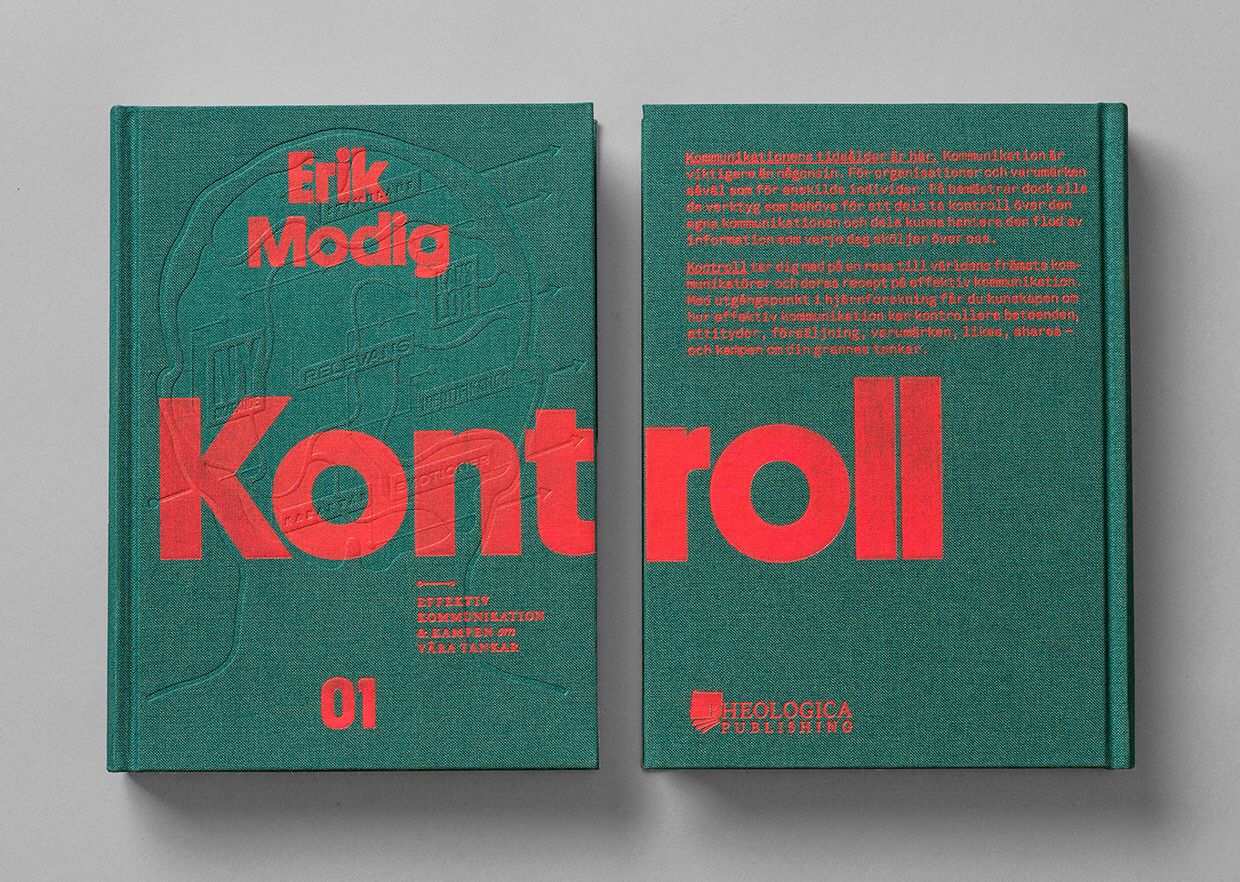
Cheap Ways to Print High-Quality Books in China
If you’re diving into self-publishing, one of your primary concerns will be finding economical options for book printing
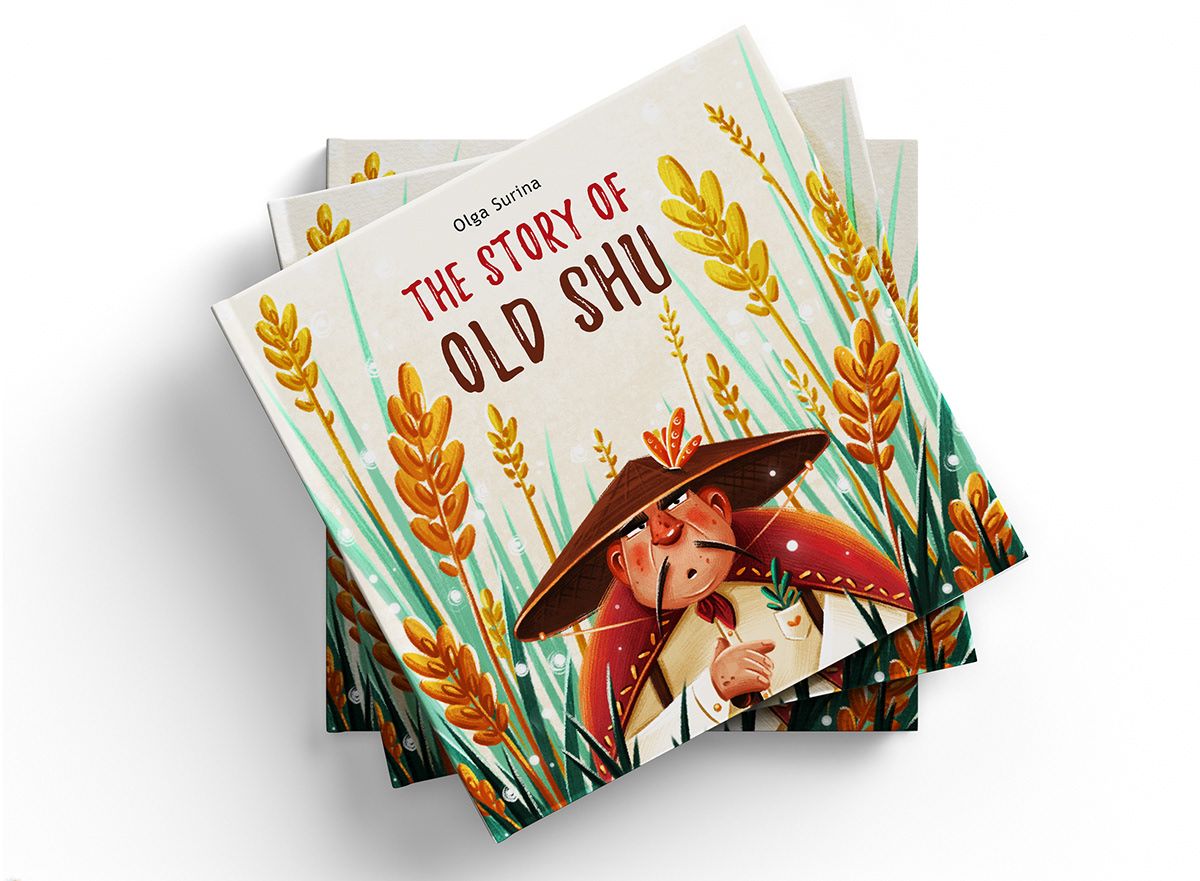
What Kind Of Paper Are Children’s Books Printed On?
When creating a children’s book, every element matters—especially the choice of paper. Selecting the right type of paper can elevate a book’s look,
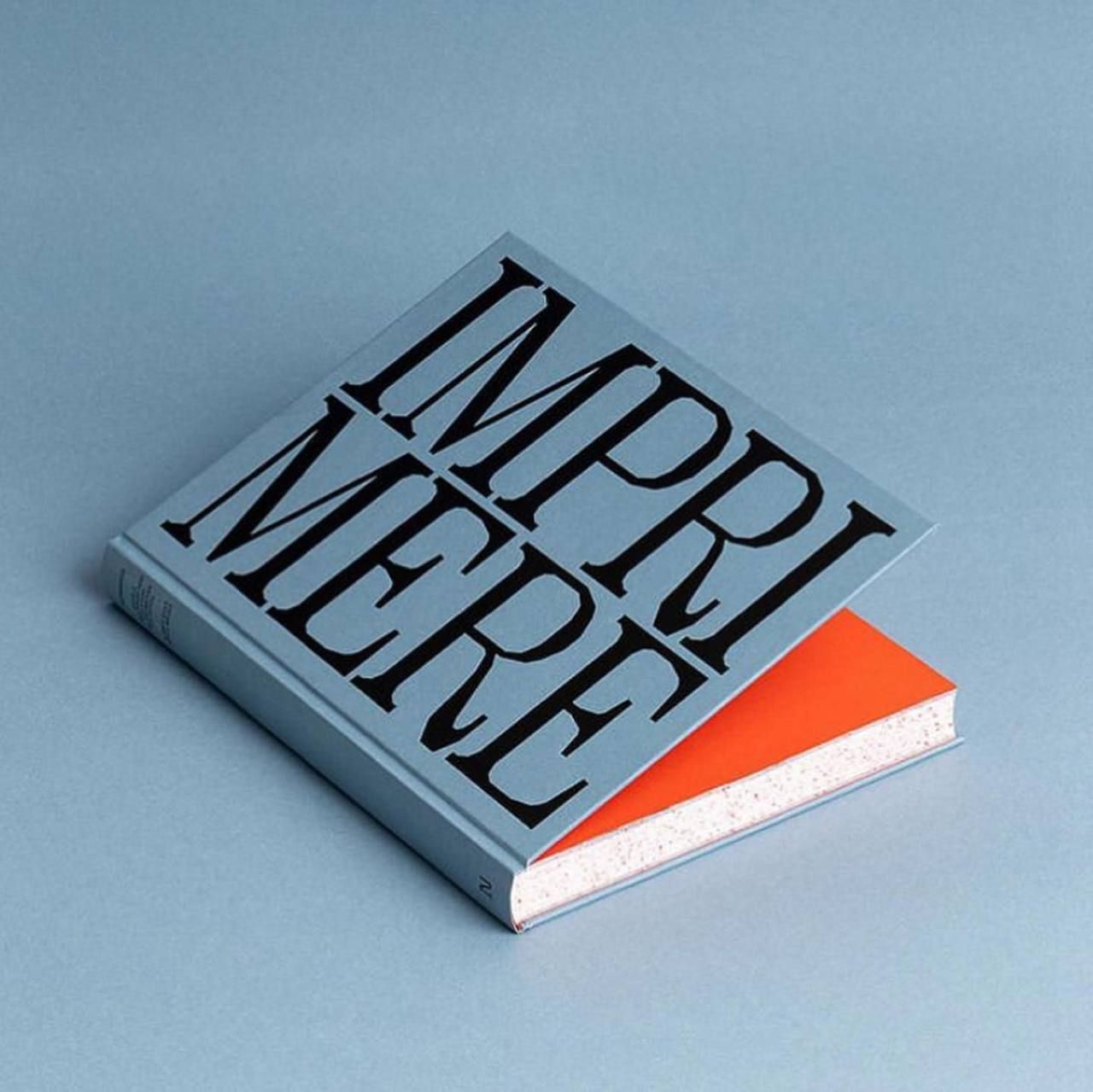
The Ultimate Guide to Designing Custom Book Covers
If you’re diving into self-publishing, one of your primary concerns will be finding economical options for book printing
Contact Us
- +86 13946584521
- info@booksprinting.net
- 8:00 - 22:00 (Mon - Sun)
Tags
Comments
Related Blog
Find the newest trends and common knowledge in book printing business.
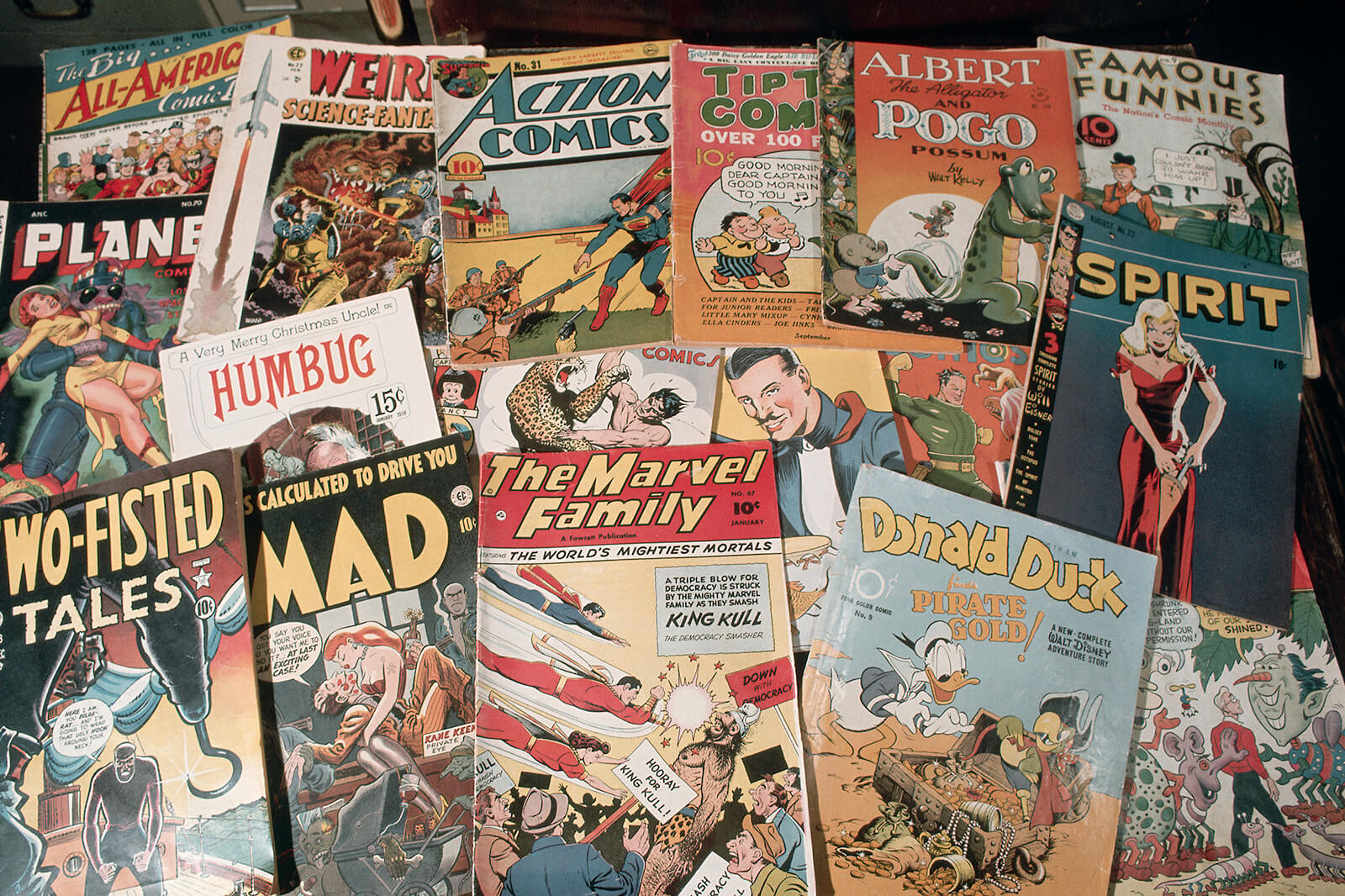
How Much Does It Cost To Print A Comic Book
Creating a comic book is not just a project; it’s a passion that combines storytelling, artistry, and entrepreneurial spirit. For many artists and writers,
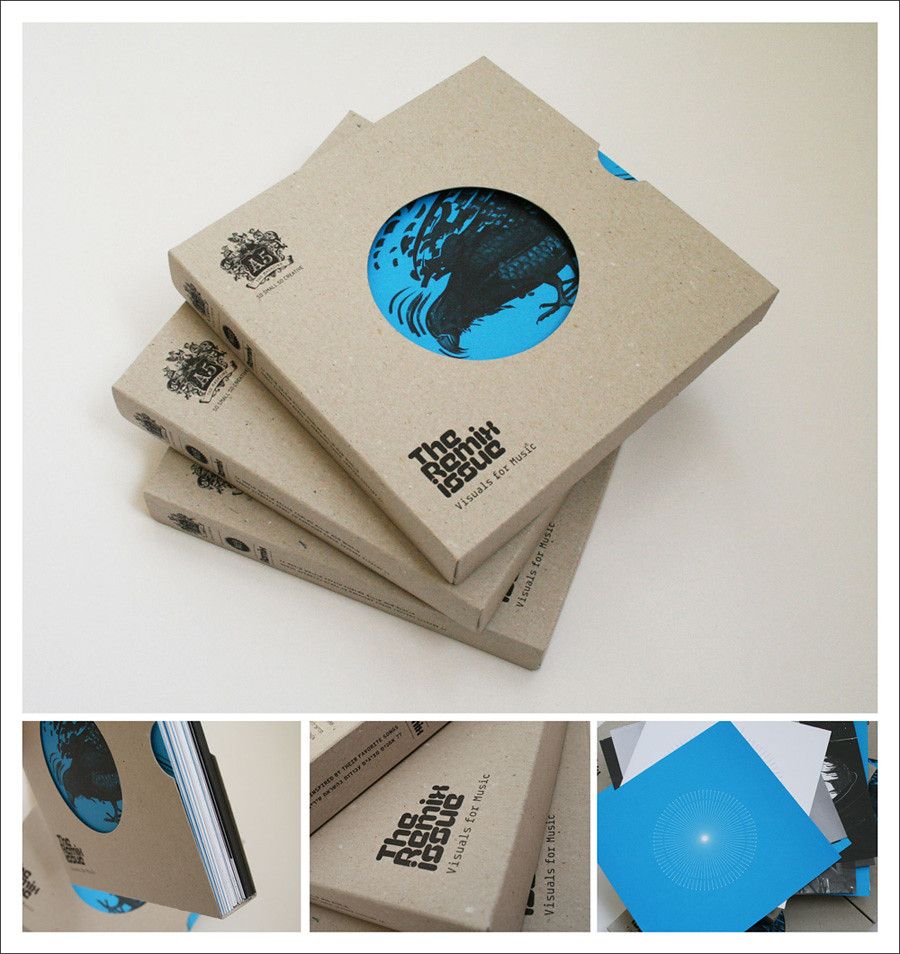
How much does it cost to print a 200 page paperback book?
As a dedicated book printing factory, we understand that the journey of self-publishing can be both exhilarating and daunting,

How Much Does It Cost to Print a Hardcover Book?
When considering the cost of printing a hardcover book, many authors and publishers are faced with the challenge of balancing quality with affordability.
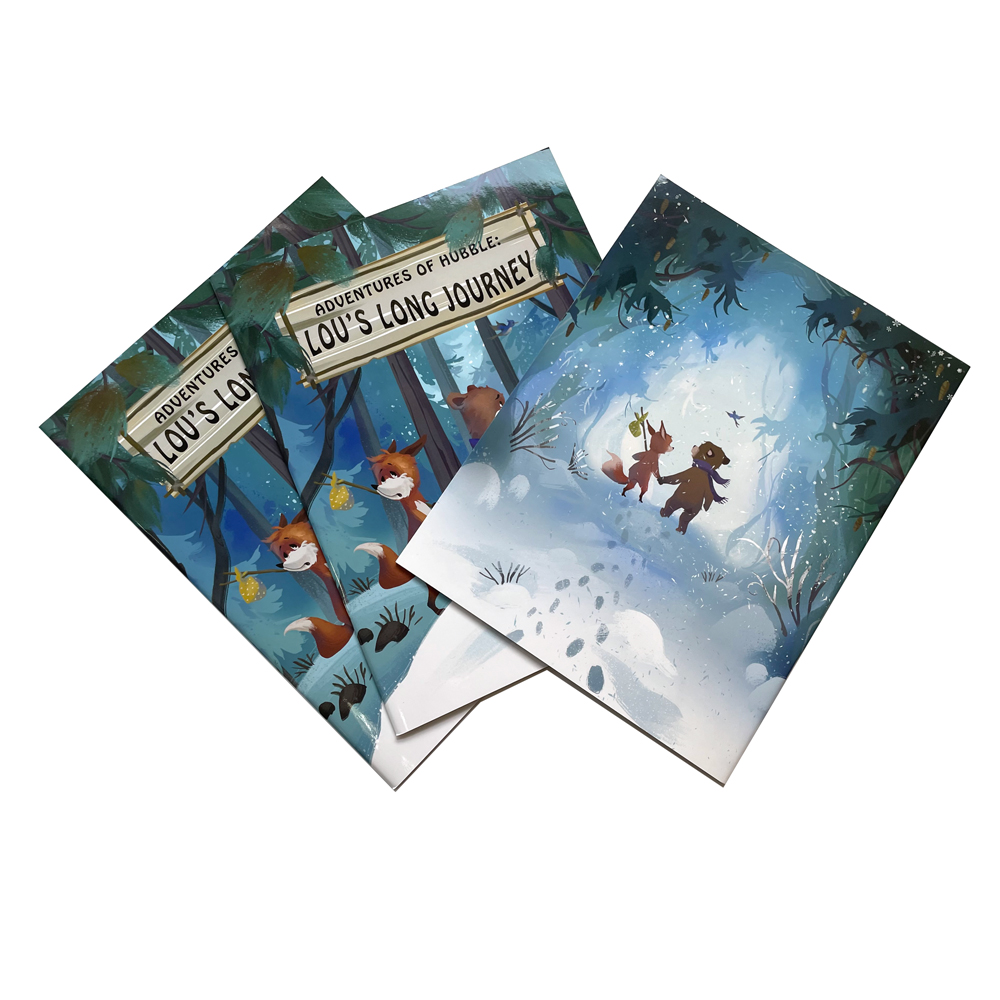
Why Are Most Books Printed In China?
In today’s globalized economy, book printing has increasingly found a cost-effective and quality-driven solution in China.

